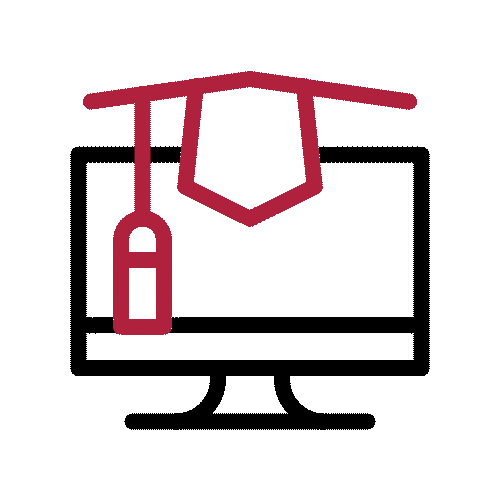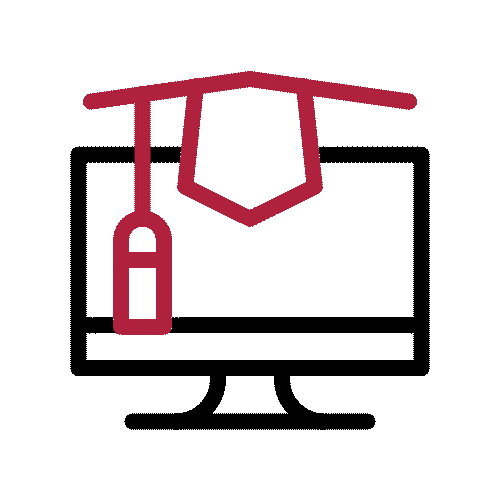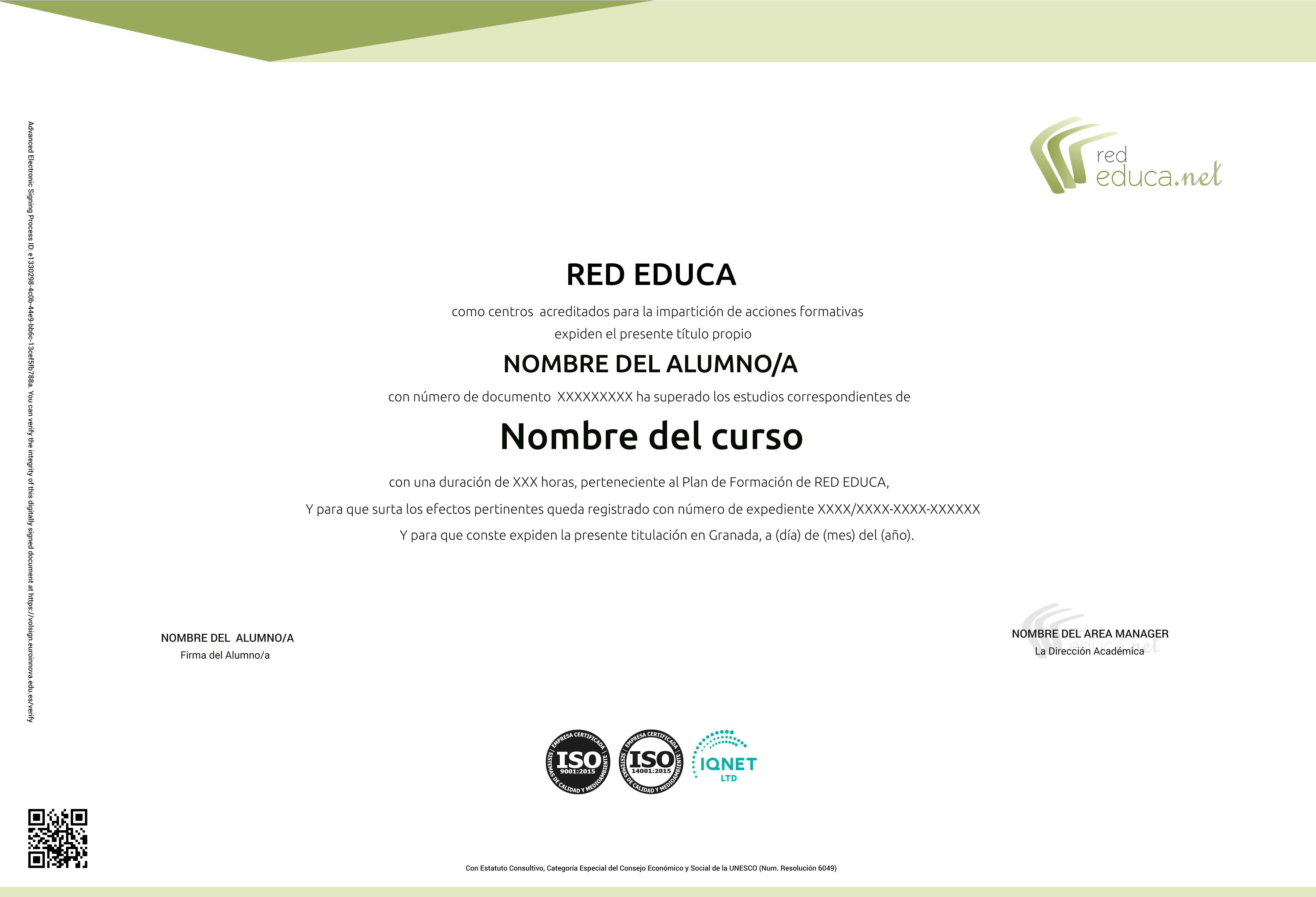Modalidad
Online
Duración - Créditos
200 horas
Becas y
Financiación
Plataforma Web
24 Horas
Centro Líder
formación online
Acompañamiento
Personalizado
Reconocidos por:

Acreditados como:
Temario
UNIT 1. FUNDAMENTALS OF QUALITY CONCEPT
UNIT 2. QUALITY MANAGEMENT
UNIT 3. QUALITY PLANNING
UNIT 4. KEY PRINCIPLES OF A QUALITY MANAGEMENT SYSTEM
UNIT 5. EDUCATIONAL SUPERVISION, A CHALLENGE FOR QUALITY
UNIT 6. EVALUATION AND QUALITY
UNIT 7. THE MANAGEMENT TEAM RESPONSIBLE FOR SUPERVISION
UNIT 8. IMPROVEMENT AS A KEY FACTOR IN THE DEVELOPMENT OF THE CENTER
Plan de estudios








Titulación de course educational quality concept


Claustro docente






Docente de la facultad de docencia y formación para el profesorado

Docente de la facultad de docencia y formación para el profesorado


Docente de la facultad de docencia y formación para el profesorado
Descubre todas nuestras becas personalizadas


¡Muchas gracias!
Hemos recibido correctamente tus datos. En breve nos pondremos en contacto contigo.

